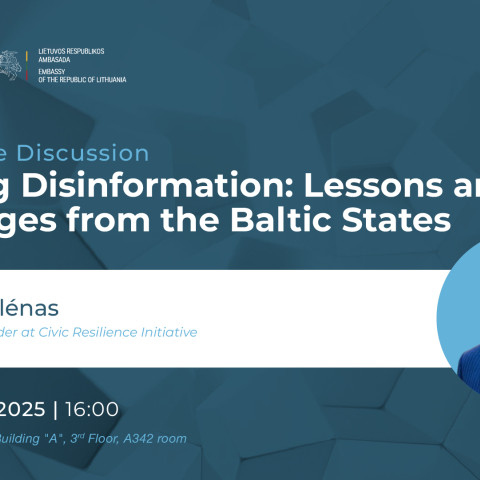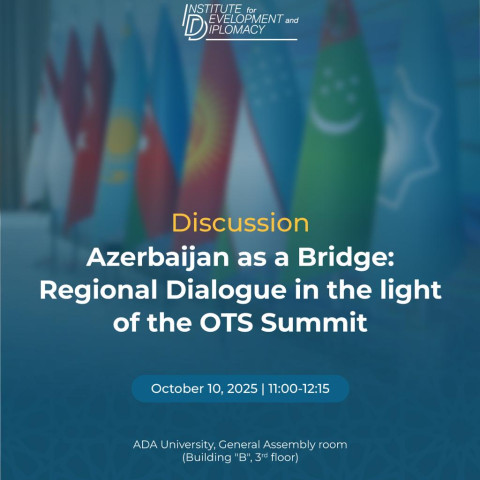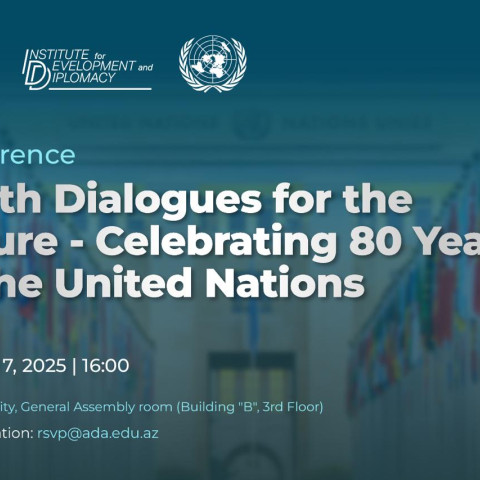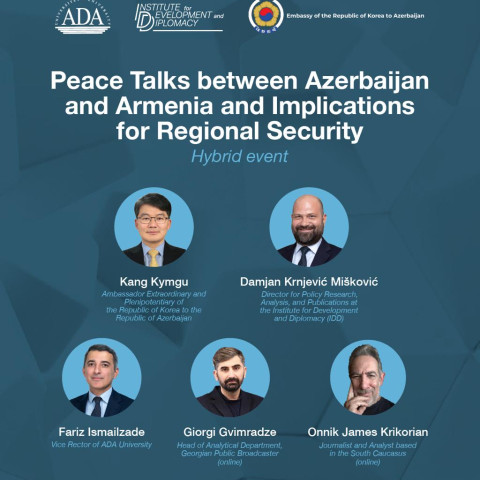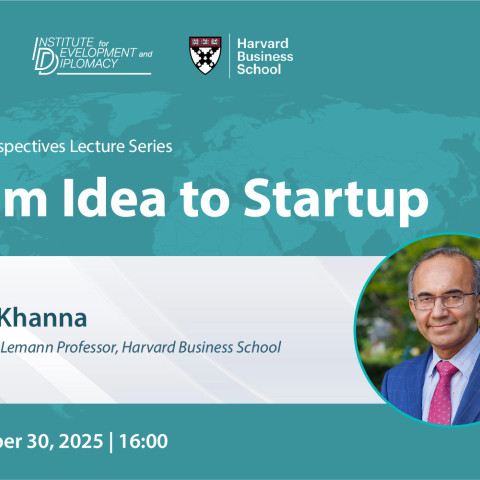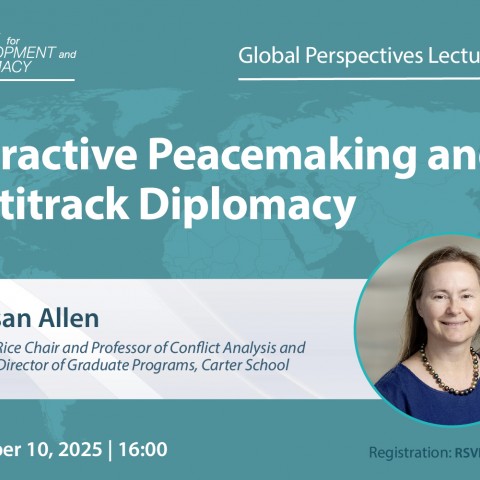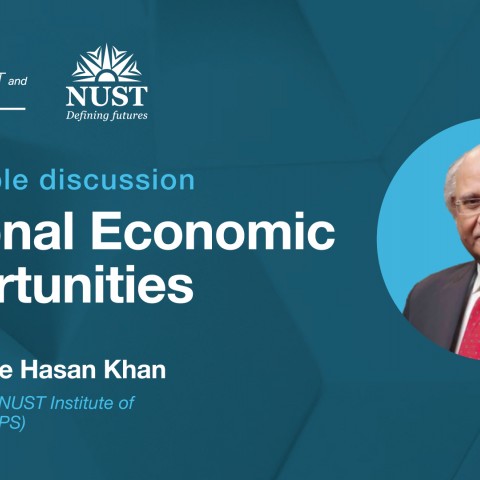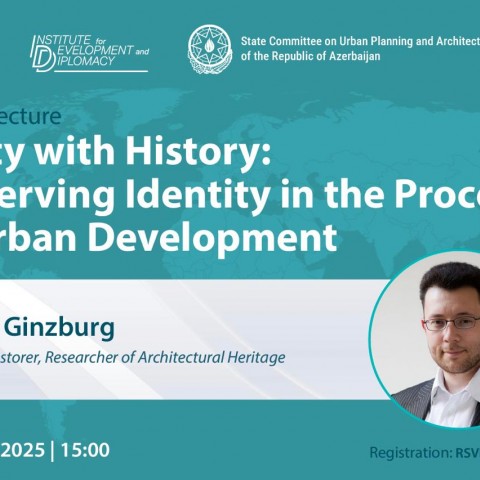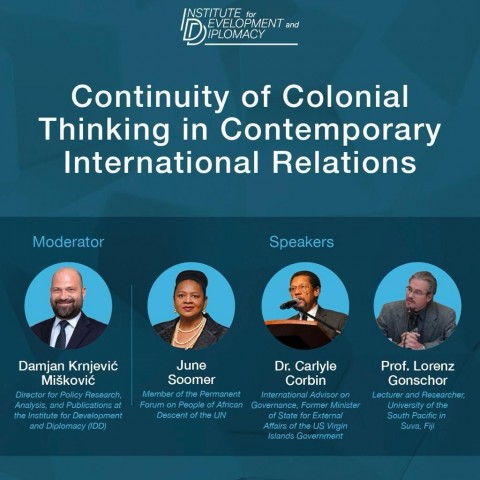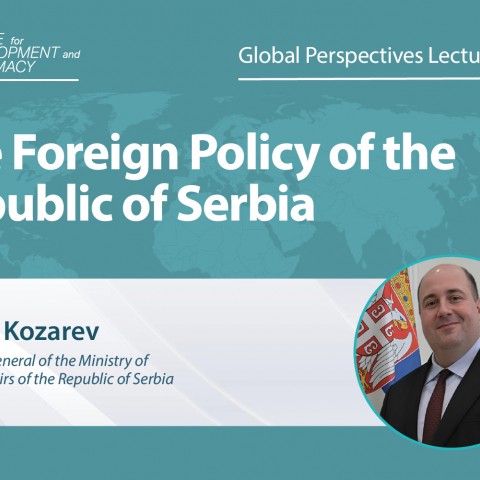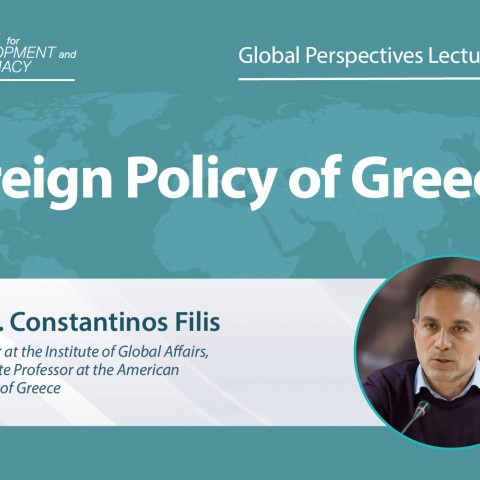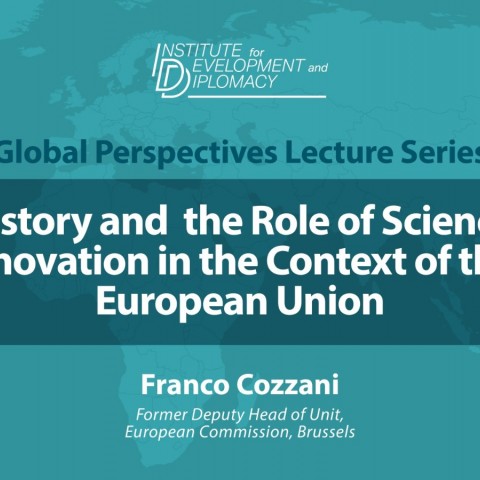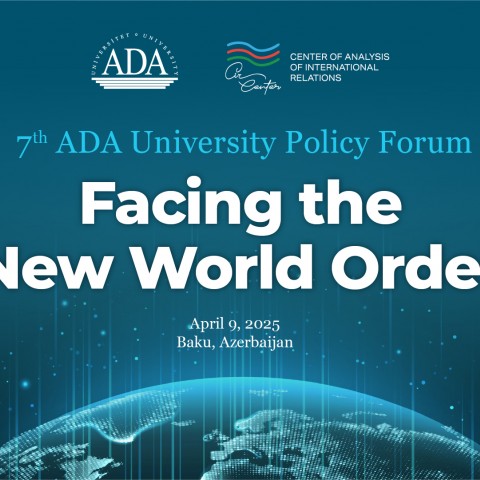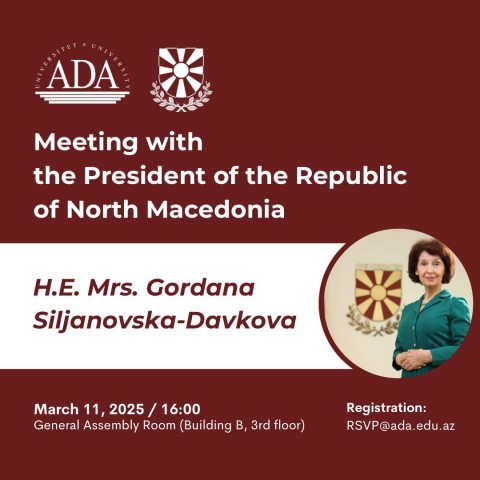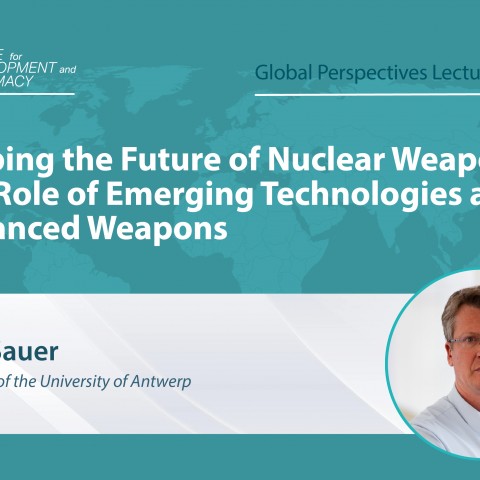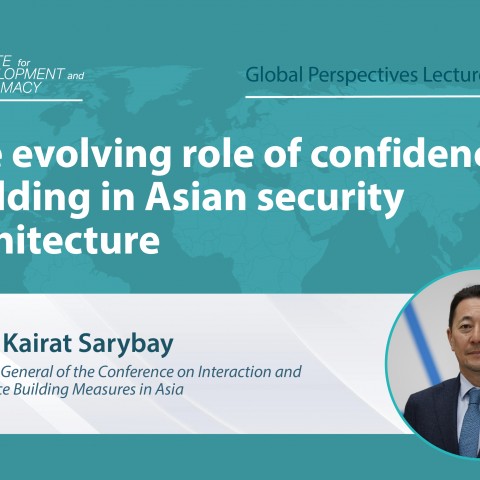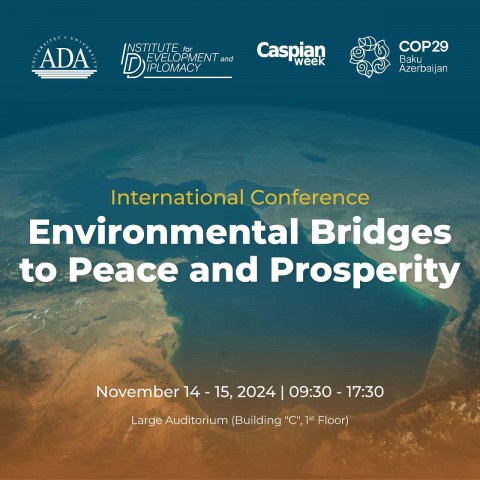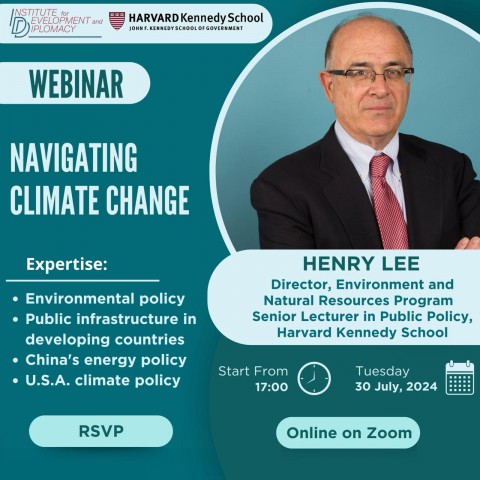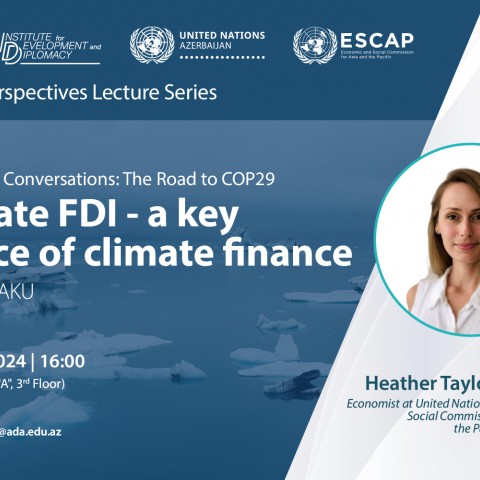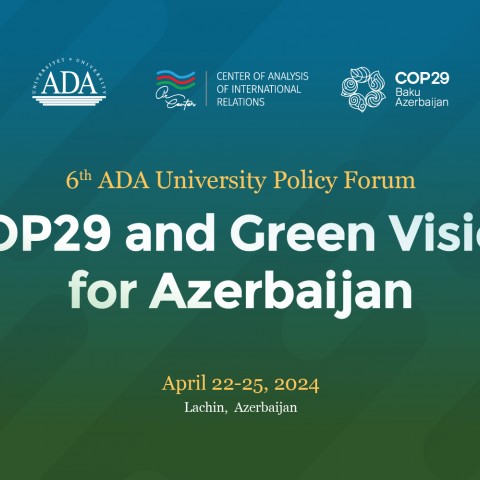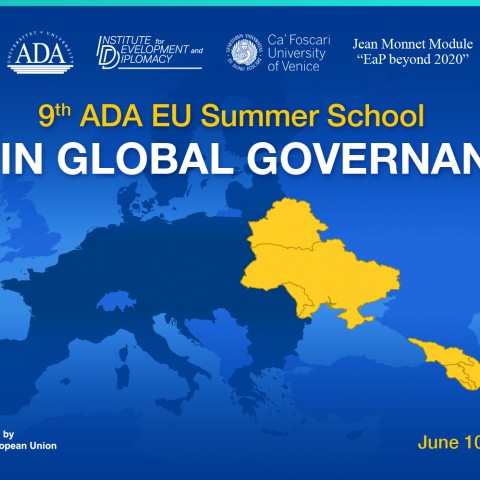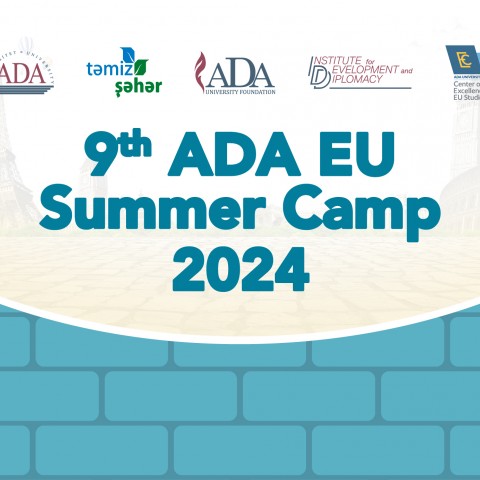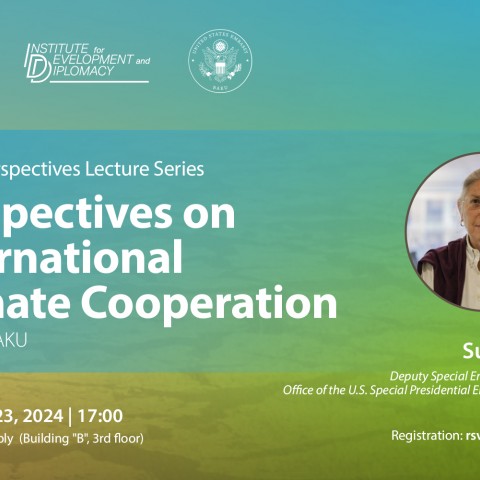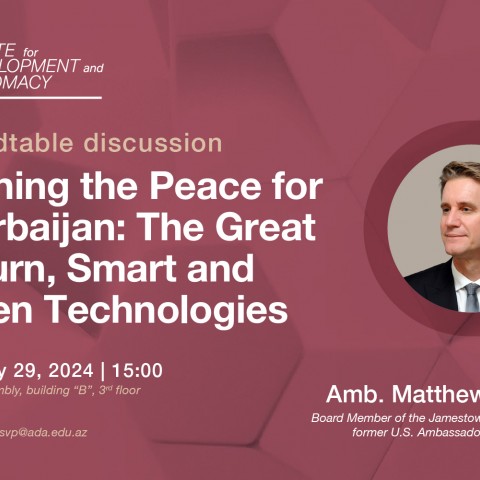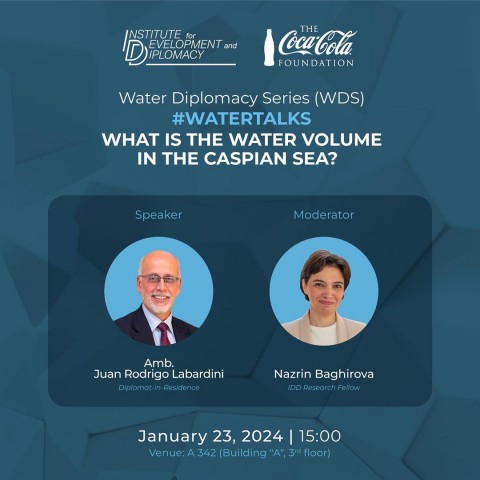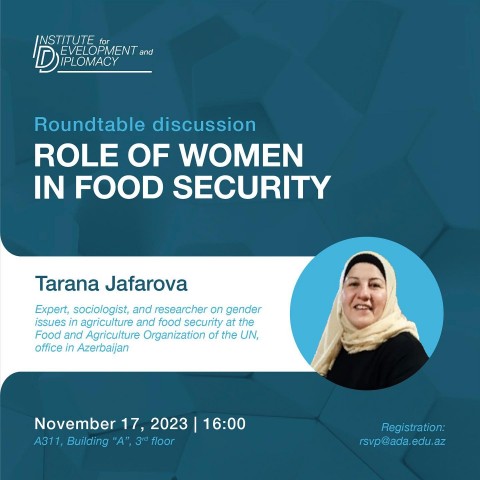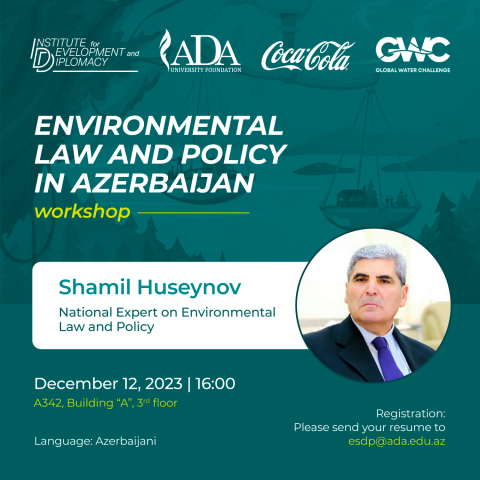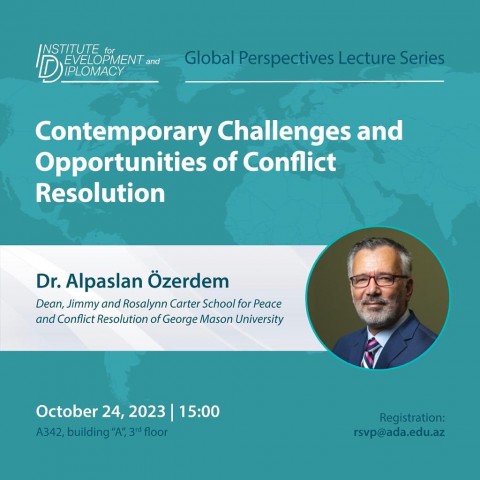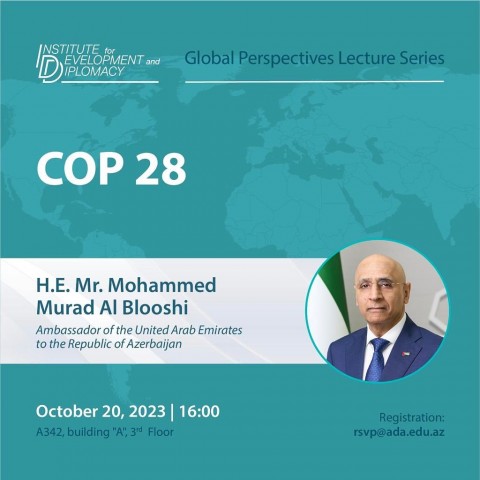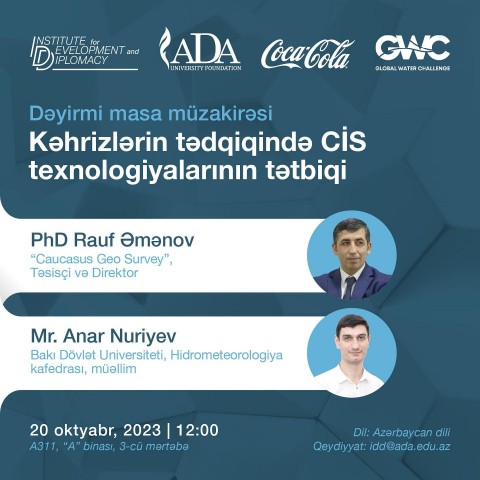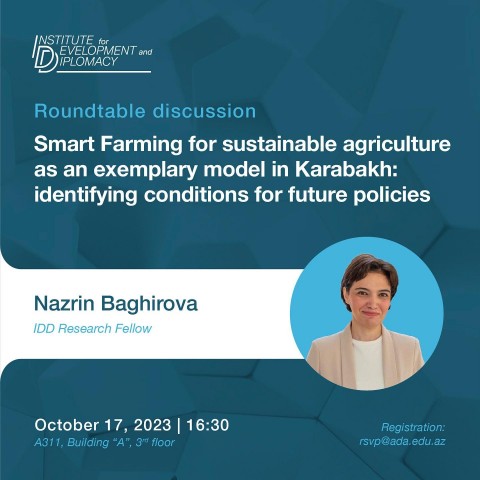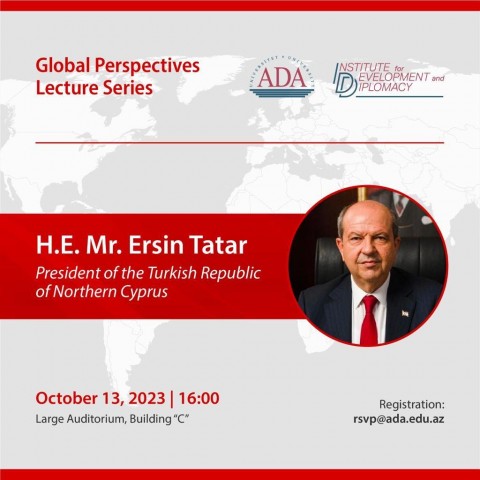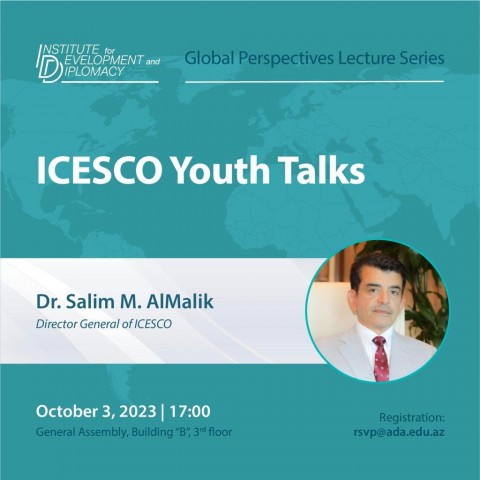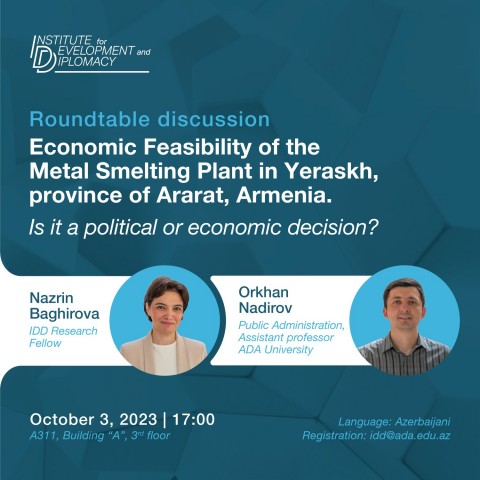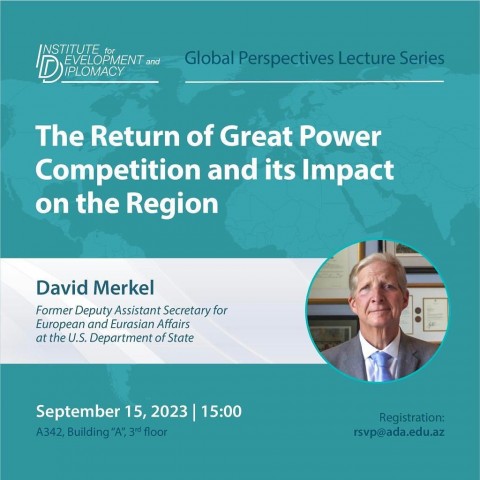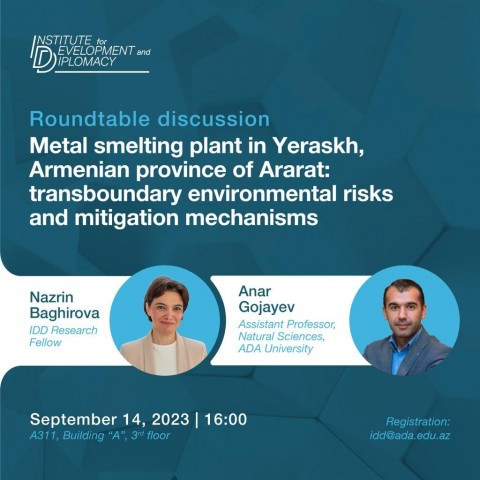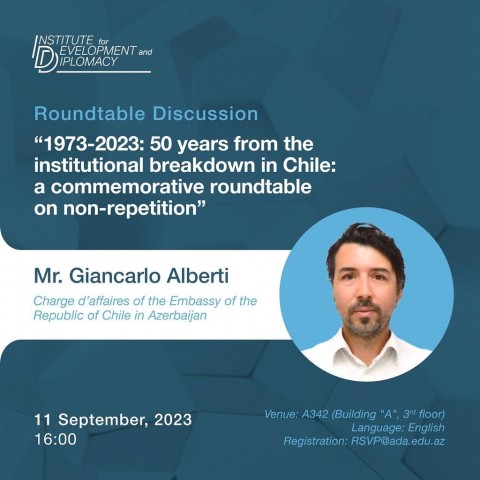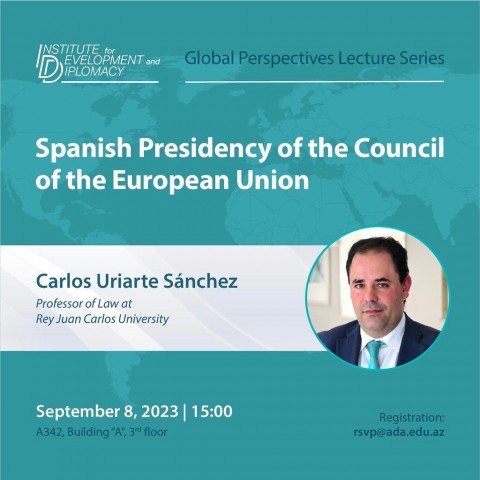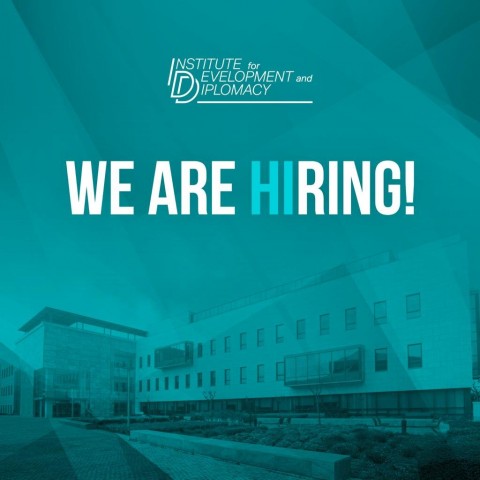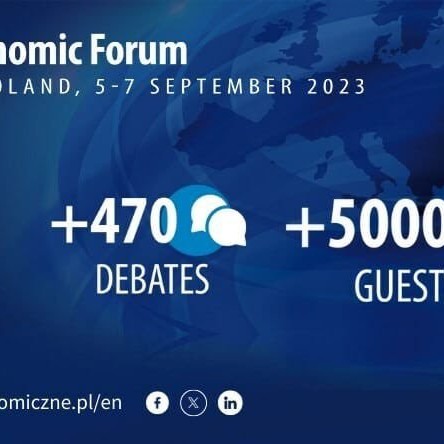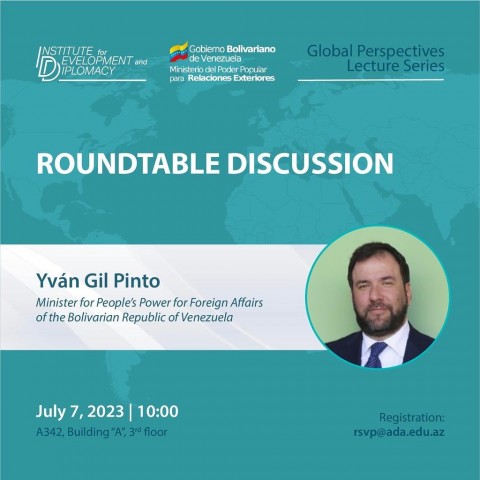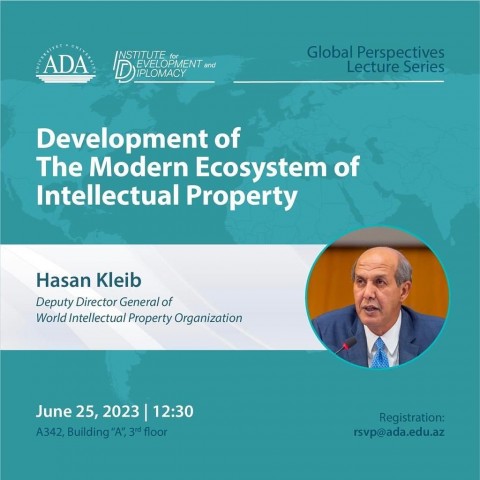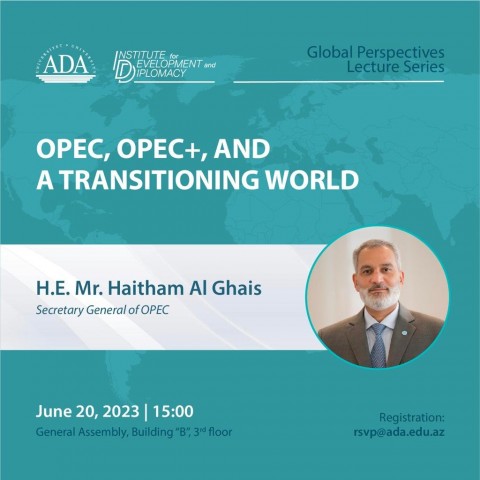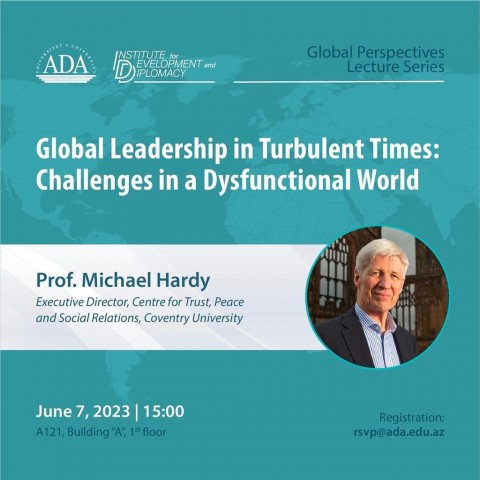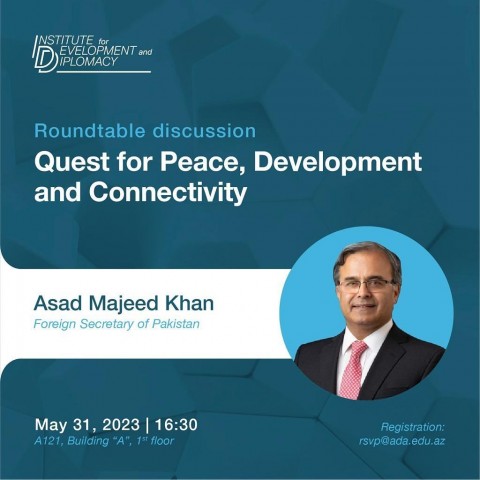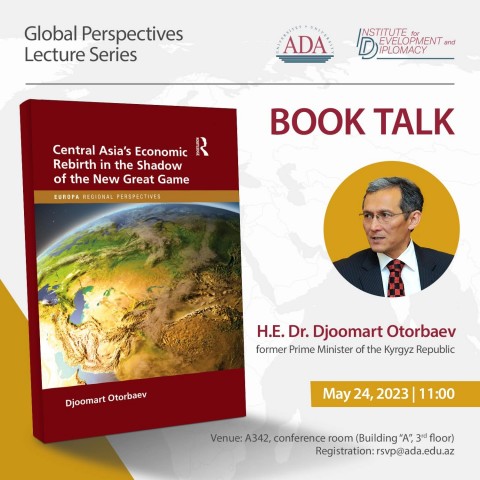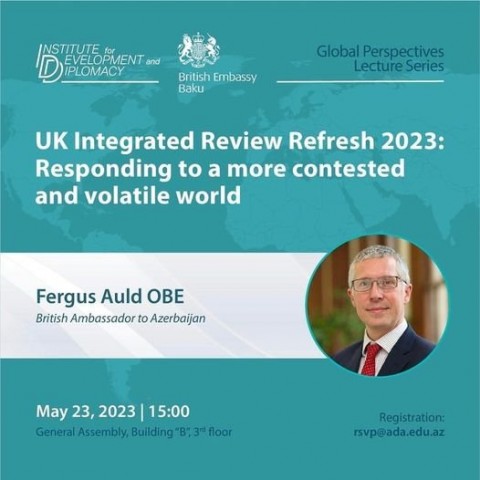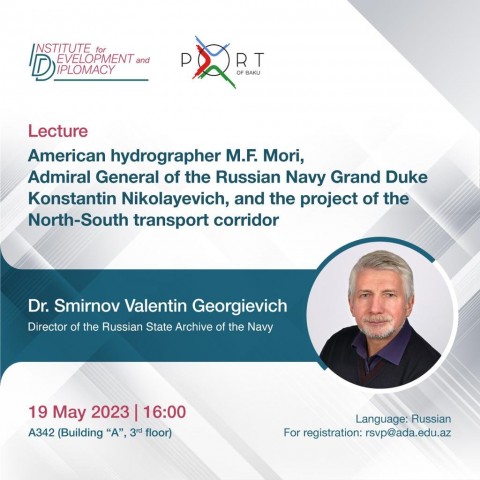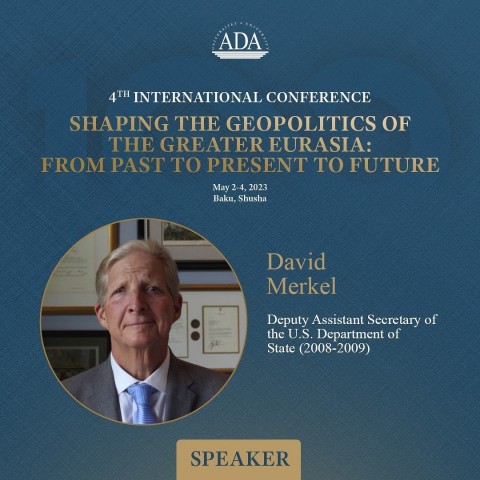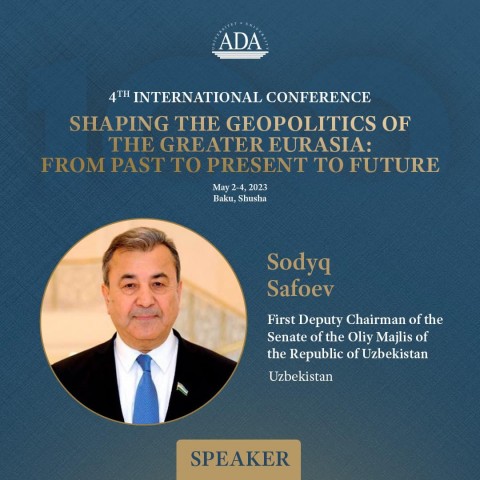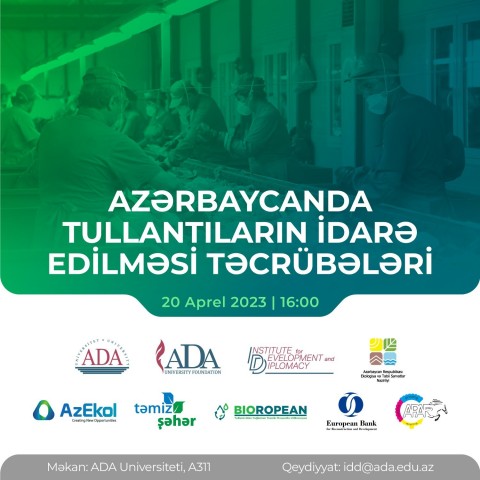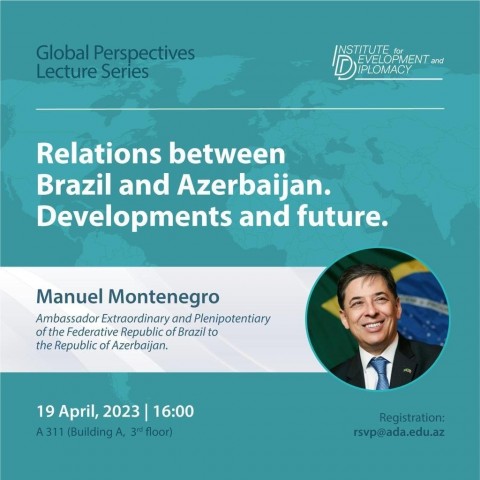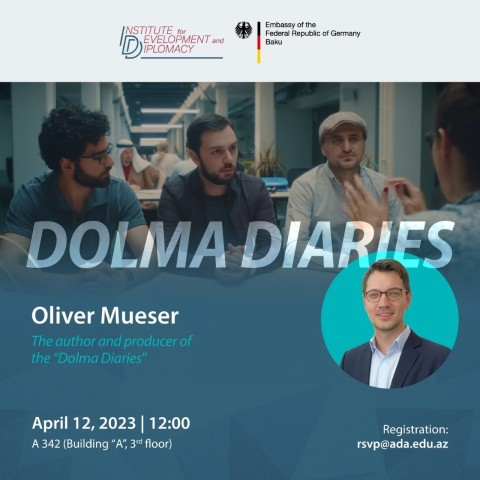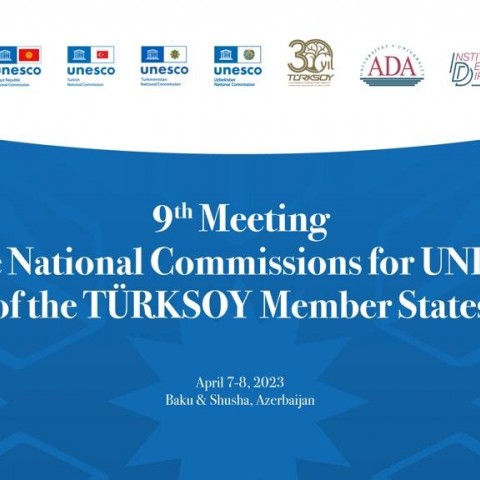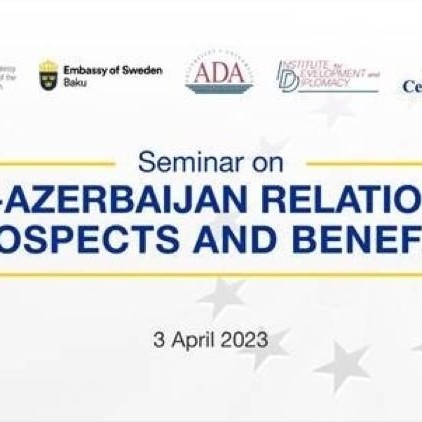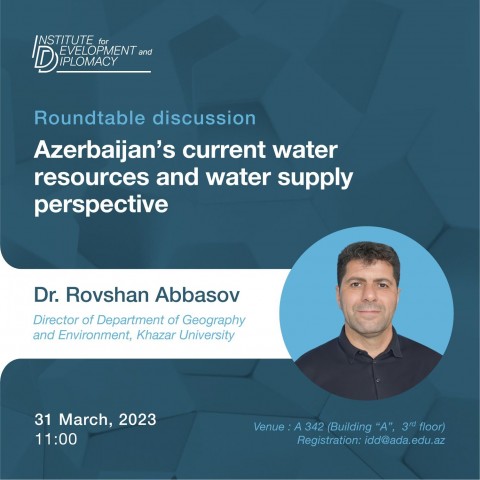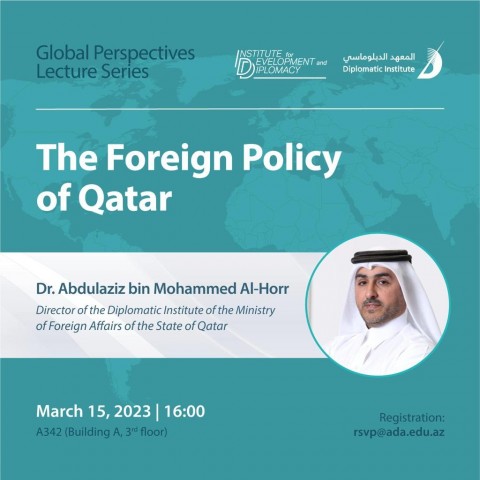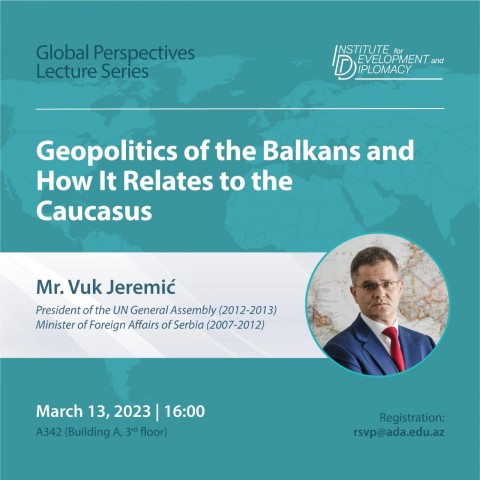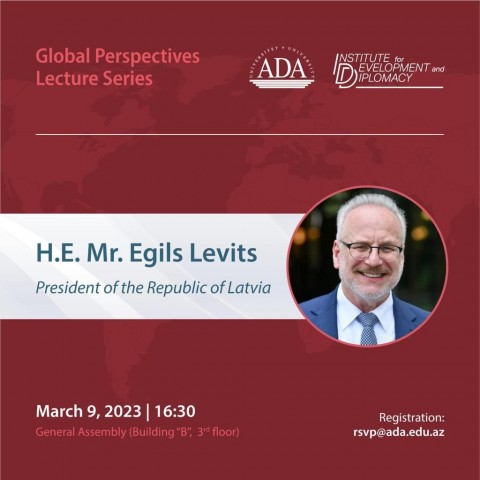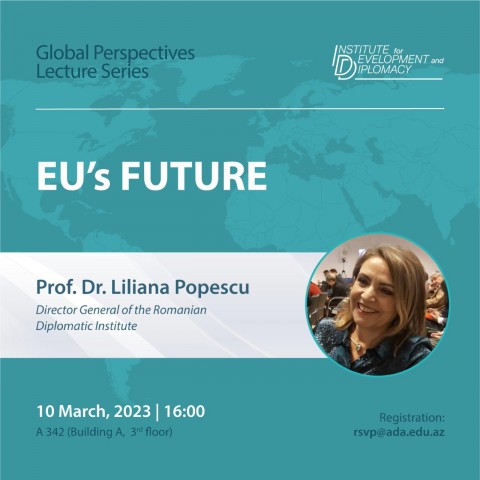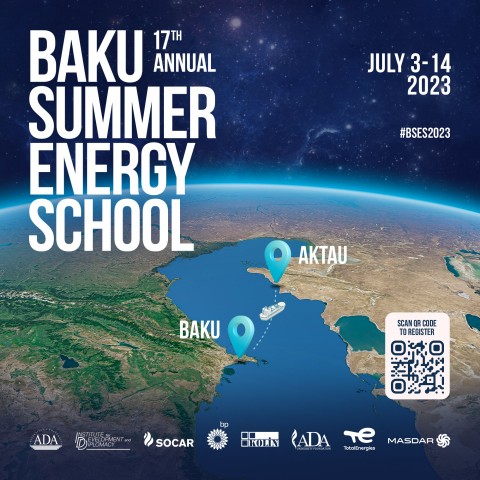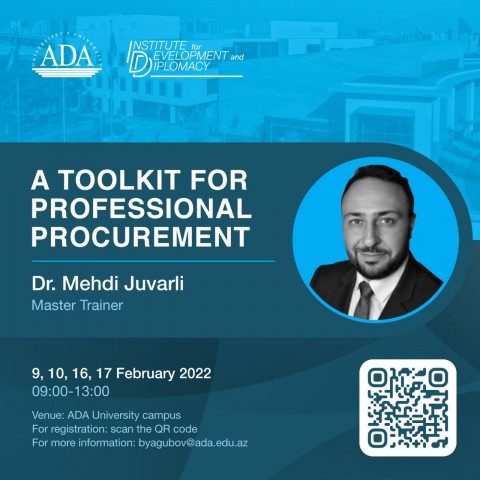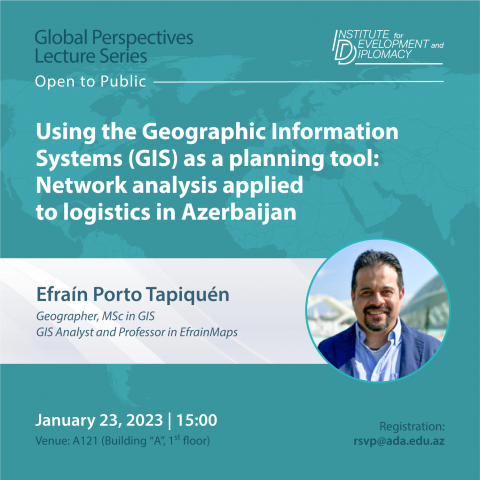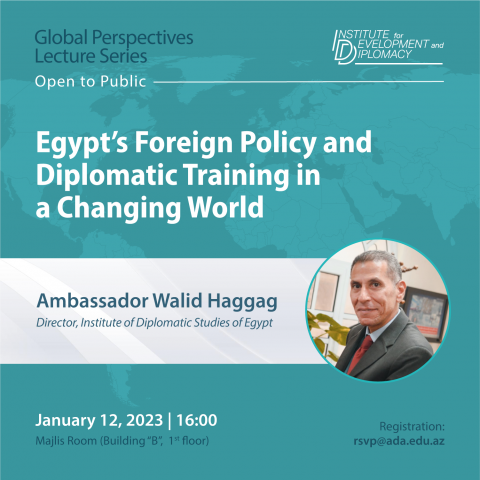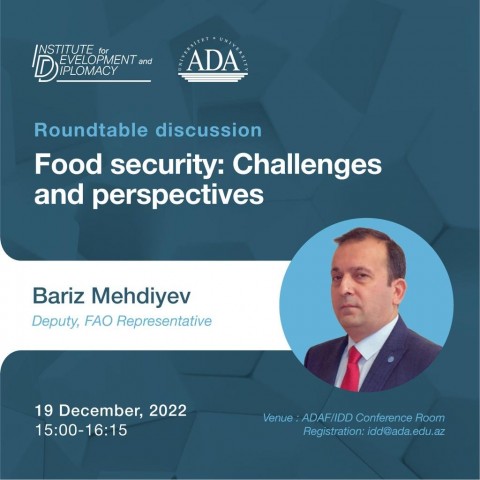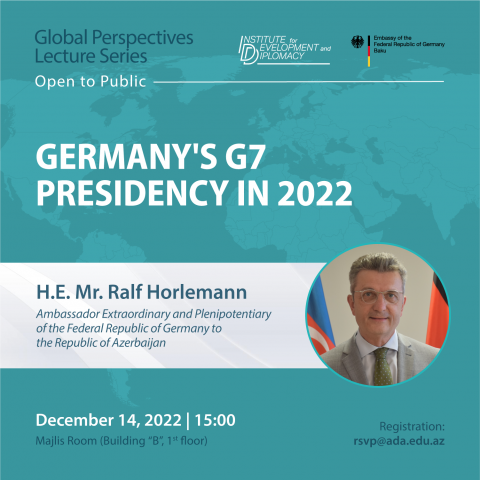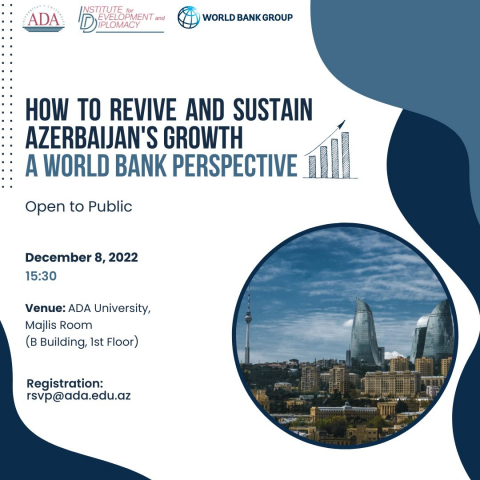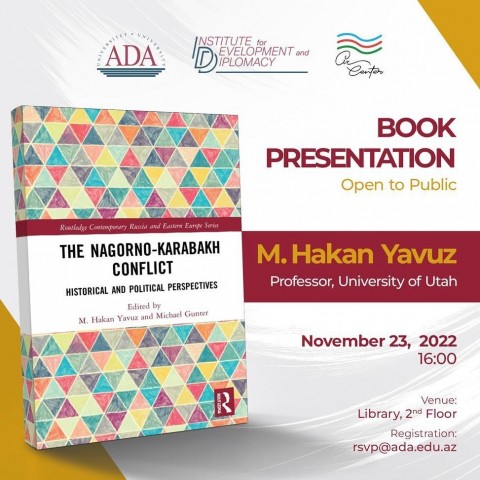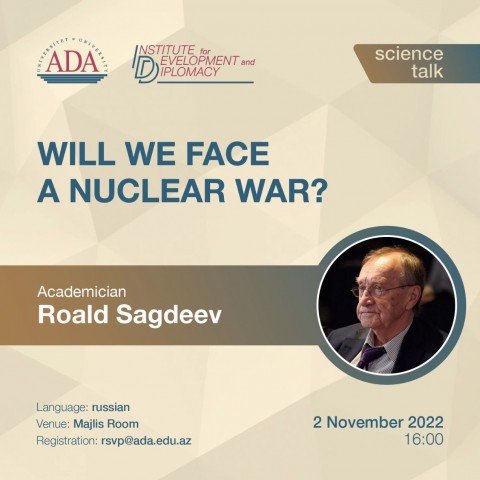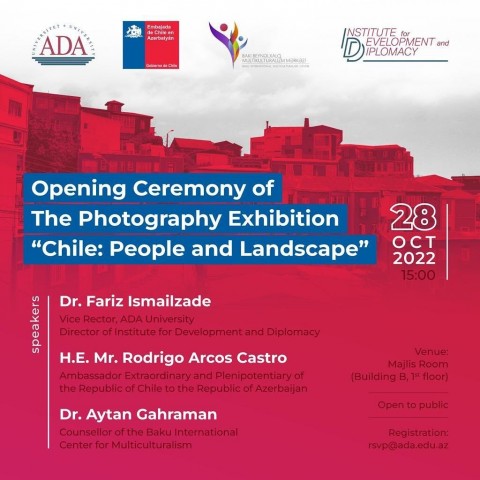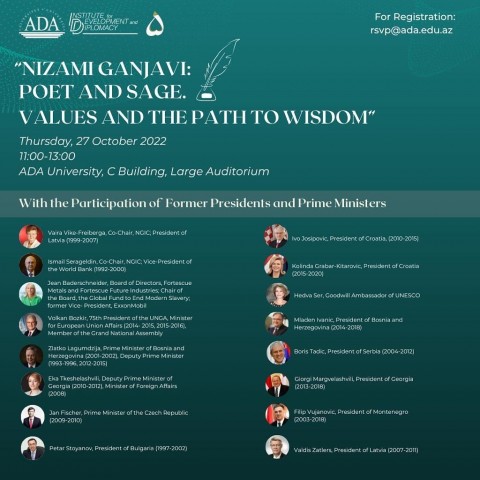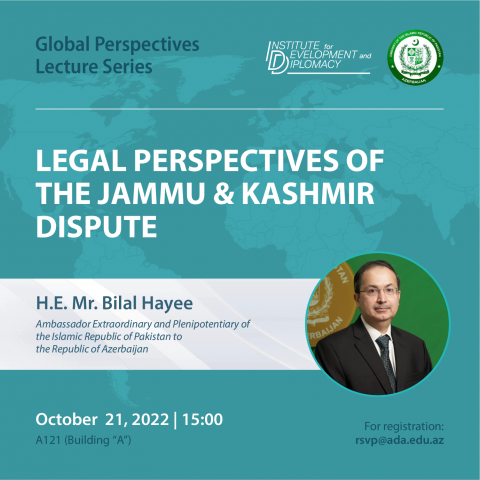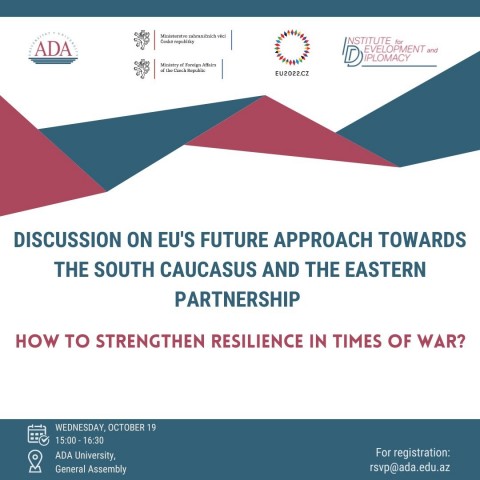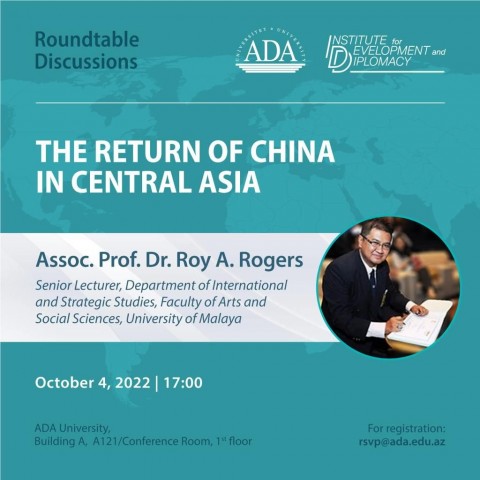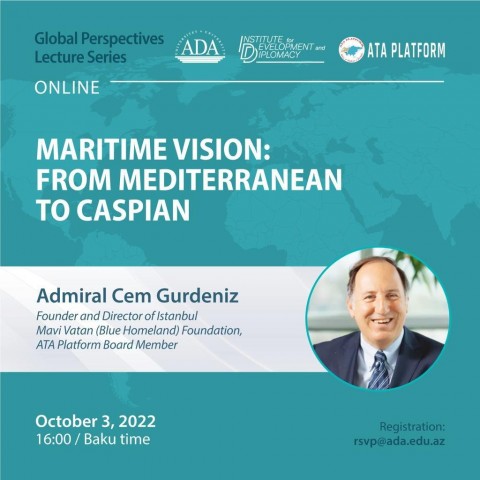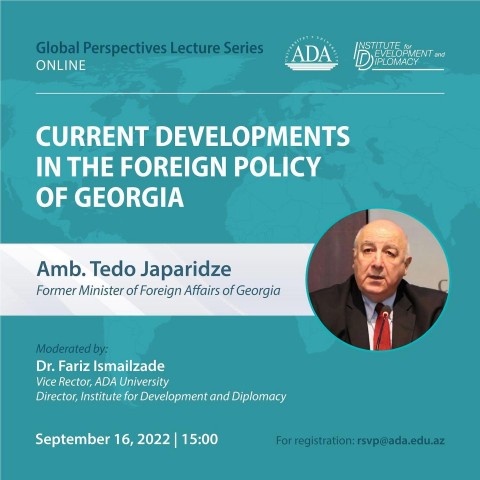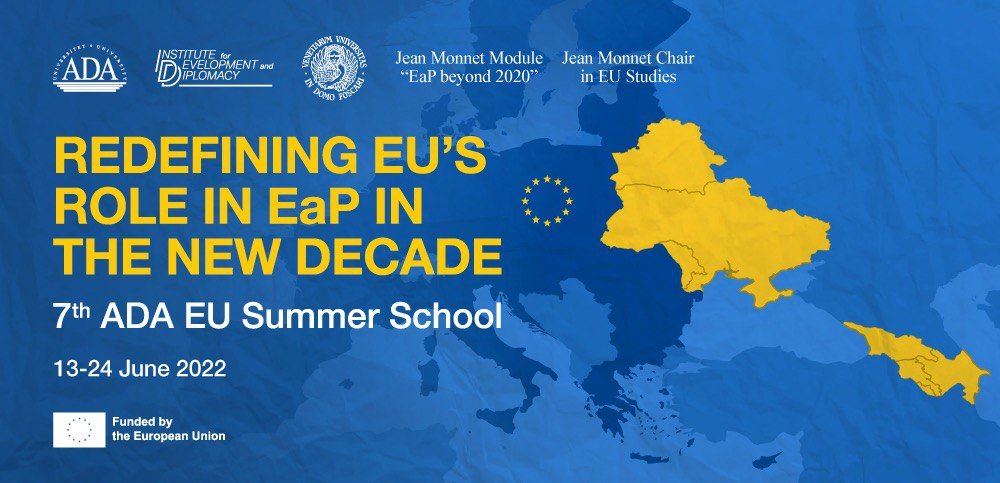
7th ADA EU Summer School: Redefining EU’s role in EaP in the New Decade
The second decade of EU’s EaP policy has started with dynamic geopolitical processes in the EU neighbourhood including the Karabakh war, Belarussia’s suspension of participation in EaP, recent events in Ukraine and economic and social processes associated with COVID 19 pandemic. Recent developments in the EaP region have become crucial in terms of understanding the current situation, several foreign policy questions and forecasting a short-and medium scenario in foreign policy directions of the EU.
Most analysts have so far argued that these processes will be a complete geopolitical game-changer and lead paradigm shift in EU’s EaP relations. Discussions mainly are going around questions of what will be the new geopolitical order and role of the EU in the EaP region.
Going forward, current challenges will determine the EU’s future role in global governance and the directions of EU external action in its neighbourhood in the new decade. As the EU's neighbourhood has become ‘crowded’ and competitive with Russia, Turkey and others employing hybrid tactics for geopolitical leverage, the EU needs to transform and reshape its forerign policy towards the region.
Certainly, the EU was committed to its Eastern partners in 2009, when the Eastern Partnership (EaP) initiative was inaugurated and after more than twelve years since the launch of the Eastern Partnership (EaP), the EU remains the main power of attraction and driver of normative transformation for the Eastern partners. Twelve years later, the situation has changed fundamentally. Russia has forced its way back into the neighbourhood with the annexation of Crimea, the war in Donbas, and support for Alexander Lukashenko and its intrusion into Ukraine. Stabilisation, no longer transformation, is the hope for the neighbours. At the same time, the EU is facing so many internal crises that the fate of Eastern Partnership countries is all but high on the agenda. And even with more attention, it is impossible to solve the key problems of the Eastern Partnership.
The political and geopolitical situation in the EaP countries continues to be volatile and challenged by big powers, which requires more sustained and tailored EU support for strengthening the region’s security environment. Advancing beyond the political association and economic integration with the EU remains the key objective for Moldova, Georgia, and Ukraine.
Furthermore, the South Caucasus is important to the EU, in terms of transport corridors linking the EU with Asia and the diversification of EU energy resources. There is a growing expectation on the side of EU member states and partners for the EU to take a more active role in addressing the conflicts and take a leading role in post conflict management in the Eastern Neighbourhood.
In the light of dynamic geopolitical processes in the EaP region, the EU Summer School aims to shed light on the current challenges and development trends that are shaping the EU foreign policy today as well as how current social, economic, and political processes in EU influence ENP and EaP strategy of EU, internal perspectives of EaP countries on collaboration and EU’s role in the regional security and conflict management.
The Summer School is organised by ADA University, Institute for Development and Diplomacy, within Jean Monnet Module on “Enhancing capacity for EU-EaP resilient cooperation within new EaP beyond 2020 policy objectives: perspectives from Azerbaijan”. The Summer School will be held at ADA University Campus.
The program lasts for two weeks (intensive 10 studying days) during which participants will develop in-depth knowledge through a dynamic range of activities including lectures, talks from guest speakers, workshops and field visits. Teaching will be conducted by international and local professors and researchers in their respective domains of expertise. The program is designed for students, graduates, young researchers and young professionals studying or working in the related field.
By end of the program, students will have a comprehensive understanding of current challenges and development trends that are shaping the Future of the EU today as well as how those processes influence ENP and EaP strategy of EU, internal perspectives of EaP countries on collaboration with each other and the EU in the context of regional security.
Week 1:
Day 1: The EU Fundamentals
Day 2: The EU in crisis: Challenges for further development and integration in post pandemic situation
Day 3: EU’s Foreign Policy & External Relations. (Re)-DIrection in its CFSP
Day 4: EU a Global Policy Actor
Day 5: EU Energy policy
Week 2:
Day 6: Principles of European Neighbourhood Policy (ENP). EU’s Eastern Dimension: Eastern Partnership policy beyond 2020
Day 7: Security Situation in the Region: The Balance of Power and Conflicts in the EaP
Day 8: European Union’s institutional discourse on the Eastern Partnership and its reception in Russia
Day 9: Lessons from the Eastern Partnership: Looking back to move forward (by country)
Day 10: The future of the EU and Azerbaijan as EaP member: Chances and challenges
If you are a student, graduate, young researcher and young professional and Interested in the program, please, apply by filling the Application Form (https://online.ada.edu.az/apply/modules/form_builder/published/summer_school.php) by May 20, 2022.




